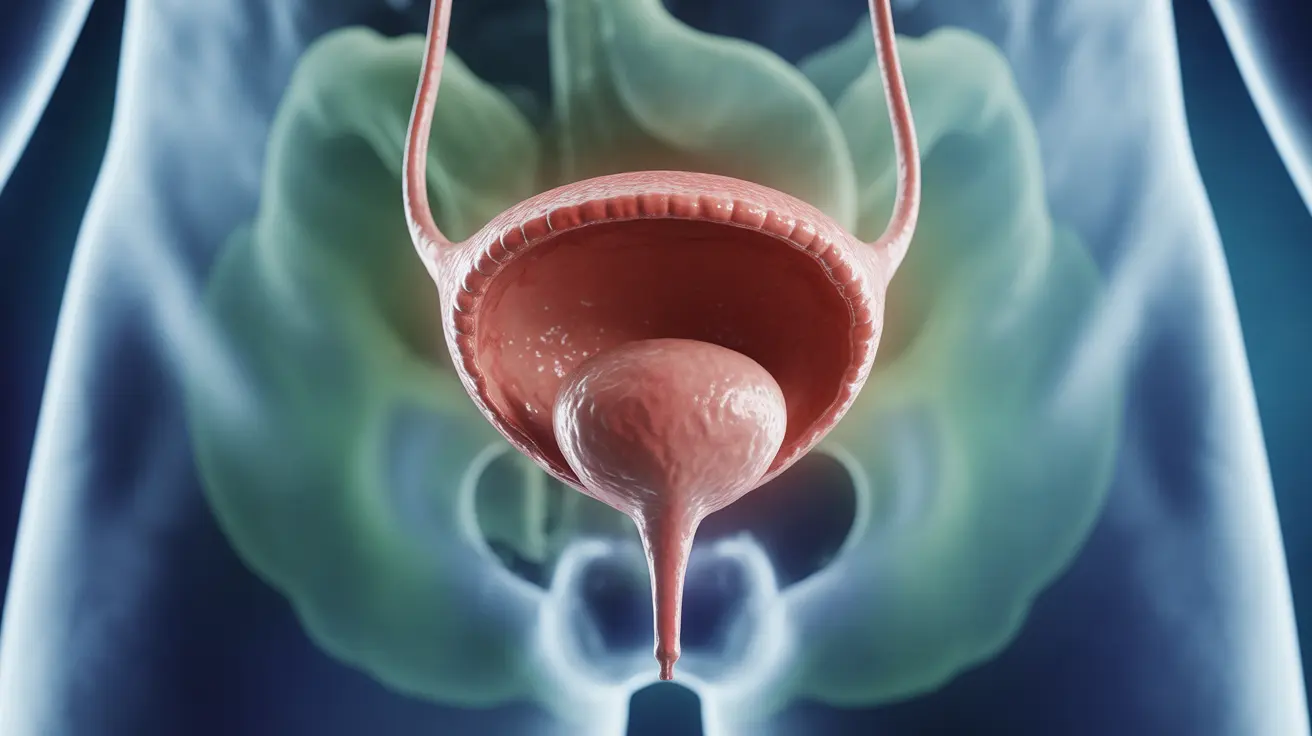Experiencing difficulty urinating after surgery is a common concern that many patients face. This condition, known as postoperative urinary retention, can cause discomfort and anxiety during recovery. Understanding how long this condition typically lasts and recognizing the signs can help patients better manage their post-surgery recovery journey.
In this comprehensive guide, we'll explore the duration of postoperative urinary retention, its common symptoms, available treatments, and when to seek medical attention.
Duration and Recovery Timeline
The duration of postoperative urinary retention varies among patients, typically lasting anywhere from a few hours to several days after surgery. Most patients regain normal bladder function within 24-48 hours post-surgery, though some may experience symptoms for up to a week.
- Type of surgery performed
- Type of anesthesia used
- Patient's age and overall health
- Pre-existing medical conditions
- Medications prescribed during recovery
Identifying Common Signs and Symptoms
Recognizing the symptoms of postoperative urinary retention is crucial for proper management. Key indicators include:
- Lower abdominal discomfort or pain
- Sensation of bladder fullness
- Inability to urinate despite feeling the urge
- Small or weak urine stream
- Frequent urges to urinate with minimal output
- Lower abdominal bloating
Treatment Options and Management
Immediate Interventions
Healthcare providers may implement various treatment approaches to address postoperative urinary retention:
- Catheterization (temporary or intermittent)
- Early mobilization after surgery
- Bladder training exercises
- Warm compresses to the lower abdomen
- Privacy and comfortable positioning for urination
Preventive Measures
Several strategies can help reduce the risk of developing urinary retention after surgery:
- Proper hydration before and after surgery
- Early ambulation when medically cleared
- Avoiding certain medications known to affect urination
- Following post-operative instructions carefully
- Maintaining good communication with healthcare providers
Risk Factors and Medications
Certain factors can increase the likelihood of experiencing postoperative urinary retention:
- Advanced age
- Male gender
- Prolonged surgery duration
- Specific types of anesthesia
- Certain medications, including:
- Anticholinergics
- Some pain medications
- Certain antidepressants
- Beta-blockers
When to Seek Medical Attention
Patients should contact their healthcare provider immediately if they experience:
- Complete inability to urinate for more than 6-8 hours
- Severe lower abdominal pain or distention
- Signs of urinary tract infection
- Fever or chills
- Blood in urine
Frequently Asked Questions
- How long does postoperative urinary retention usually last after surgery?
Postoperative urinary retention typically resolves within 24-48 hours after surgery. However, some patients may experience symptoms for up to a week, depending on factors such as the type of surgery, anesthesia used, and individual health conditions.
- What are the common symptoms and signs of postoperative urinary retention I should watch for?
Common signs include lower abdominal discomfort, sensation of bladder fullness, inability to urinate despite feeling the urge, weak urine stream, and frequent unsuccessful attempts to urinate.
- What treatments are available to help relieve postoperative urinary retention?
Treatment options include catheterization, early mobilization, bladder training exercises, warm compresses, and ensuring proper hydration. Healthcare providers will determine the most appropriate treatment based on individual circumstances.
- Can certain medications or types of anesthesia increase the risk of postoperative urinary retention?
Yes, certain medications and anesthesia types can increase risk. These include anticholinergics, some pain medications, antidepressants, and specific types of anesthesia, particularly spinal or epidural anesthesia.
- When should I seek medical help if I cannot urinate after surgery?
Seek immediate medical attention if you cannot urinate for 6-8 hours or more after surgery, experience severe lower abdominal pain or distention, develop fever or chills, notice blood in urine, or show signs of urinary tract infection.




